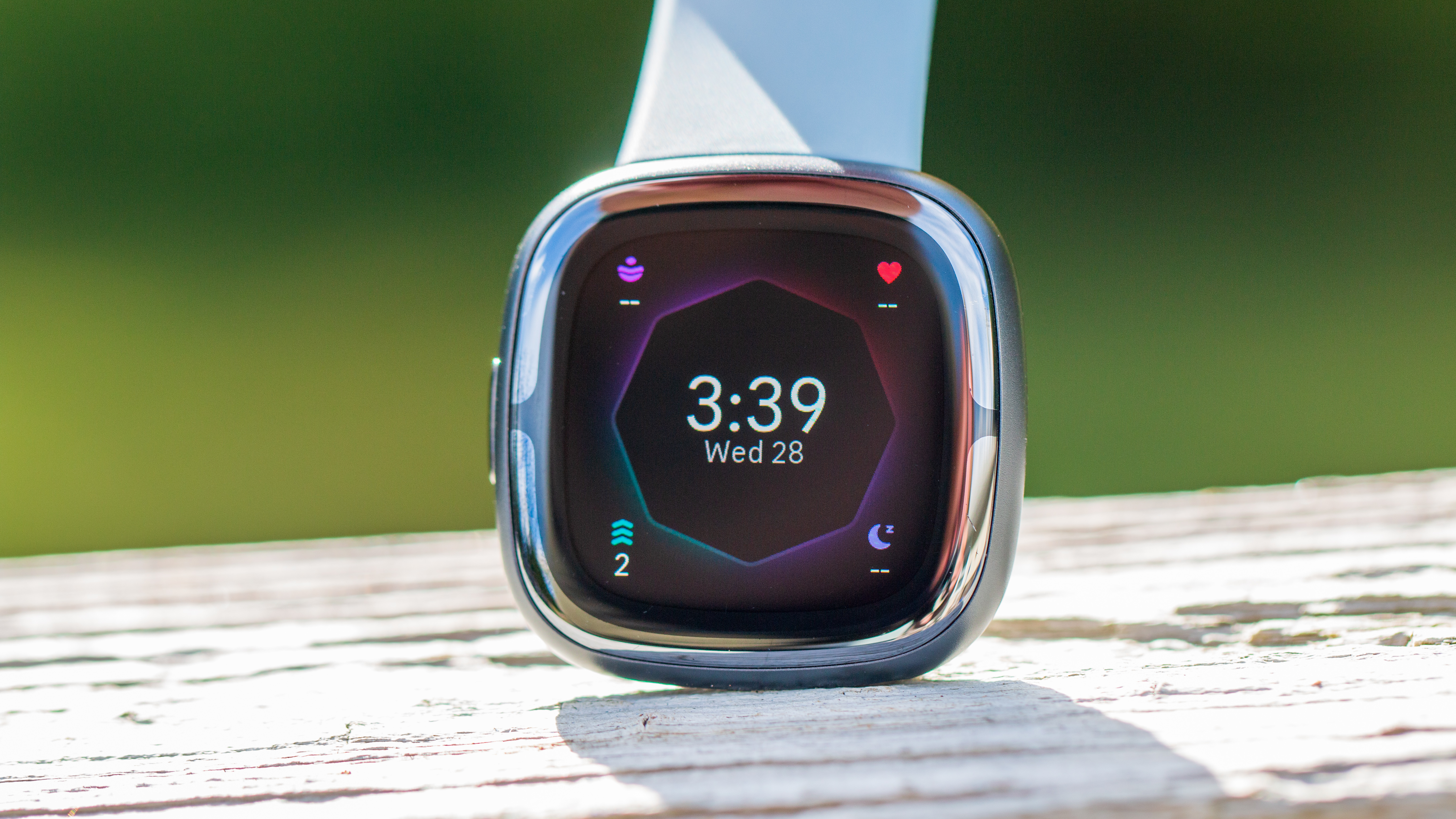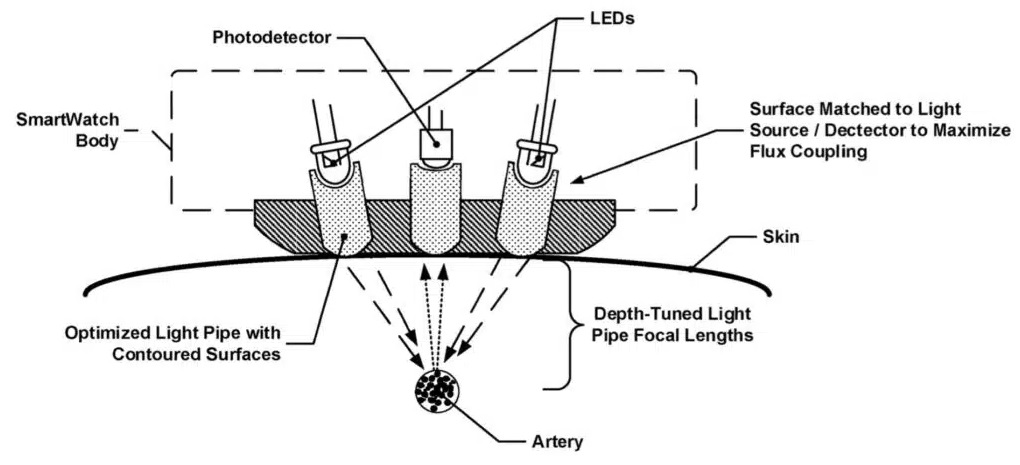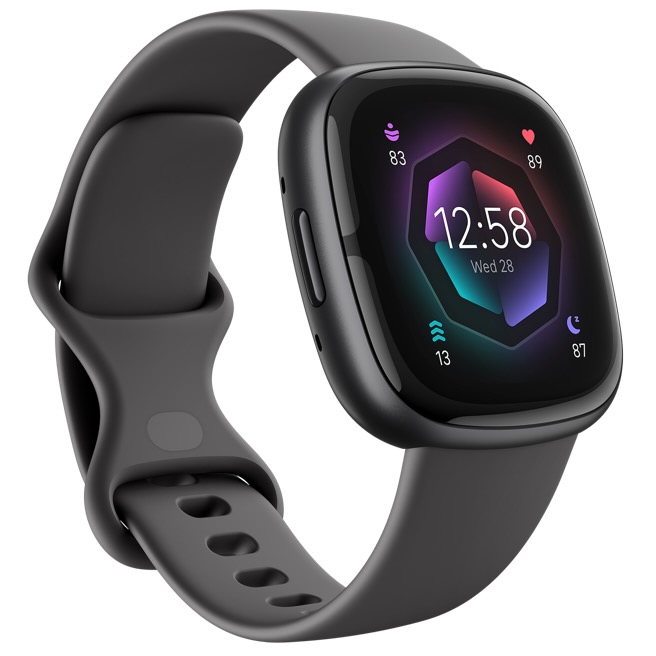Fitbit could bring arterial stiffness monitoring as a patent appears

What you need to know
- Fitbit's new patent involves several new internal specifications including an inertial and PPG sensor for catching arterial stiffness.
- The device is intended for daily life and fitness scenarios as the CPU will optimize the PPG sensor as you go.
- Fitbit may look to include additional sensors such as stress and strain to improve its PPG sensor's accuracy.
Fitbit appears to be in the process of developing heart health monitoring technology that would previously require a trip to the hospital. As spotted by Gadgets and Wearables, the Google-owned company has filed a patent with the USPTO involving the utilization of PPG (photoplethysmography) technology to catch a user's arterial stiffness.
Fitbit's patent includes a new wearable fixing structure, inertial sensor, PPG sensor, as well as a couple of CPUs. It looks like the company intends for its new device to be used throughout multiple scenarios such as endurance and resistance training.
Other scenarios include whether a user is sleeping, working, or sitting, as well, which is stated to benefit the functionality of the PPG sensor. The CPU in development is designed to feed the information to the PPG sensor to optimize it for a better understanding of a user's heart no matter what they may be doing.
The USPTO patent informs that the filtered PPG data would be handled on a user's device. Once the data is refined, a Fitbit smartwatch can better identify potential aspects of a person's pulse waveform that directly relates to arterial stiffness and alert them.

Fitbit's new device may come packaged with temperature, strain, and stress sensors which could aid in its heart monitoring accuracy.
Arterial stiffness is a critical indicator of cardiovascular dysfunction, and should this technology see nothing but green lights, it would strengthen Fitbit's wellness capabilities. For now, there is speculation the company could bring this proposed PPG sensor to the next iteration of the Versa and Sense and perhaps Google's Pixel Watch, too.
As Fitbit looks to strengthen its own heart monitoring capabilities, Samsung is busy preparing a One UI 5 Watch update with a crucial health feature. The company announced that its irregular heart rhythm notifications for the Galaxy Watch cleared the FDA. Through this, a user's watch would consistently monitor their heart rate for inconsistencies before alerting them and prompting them to take an ECG on the device for a more accurate telling.
Get the latest news from Android Central, your trusted companion in the world of Android
Users interested in that will have to wait a little longer as it isn't slated to roll out until later 2023.

Fitbit's Sense 2 delivers a little more as its UI has been revamped, alongside six days of battery life. With a lightweight body, the Sense 2's strong health monitoring capabilities are made even easier as it'll never weigh you down. The device's heart monitoring sensors are strong with an accurate telling through a variety of situations.

Nickolas is always excited about tech and getting his hands on it. Writing for him can vary from delivering the latest tech story to scribbling in his journal. When Nickolas isn't hitting a story, he's often grinding away at a game or chilling with a book in his hand.
